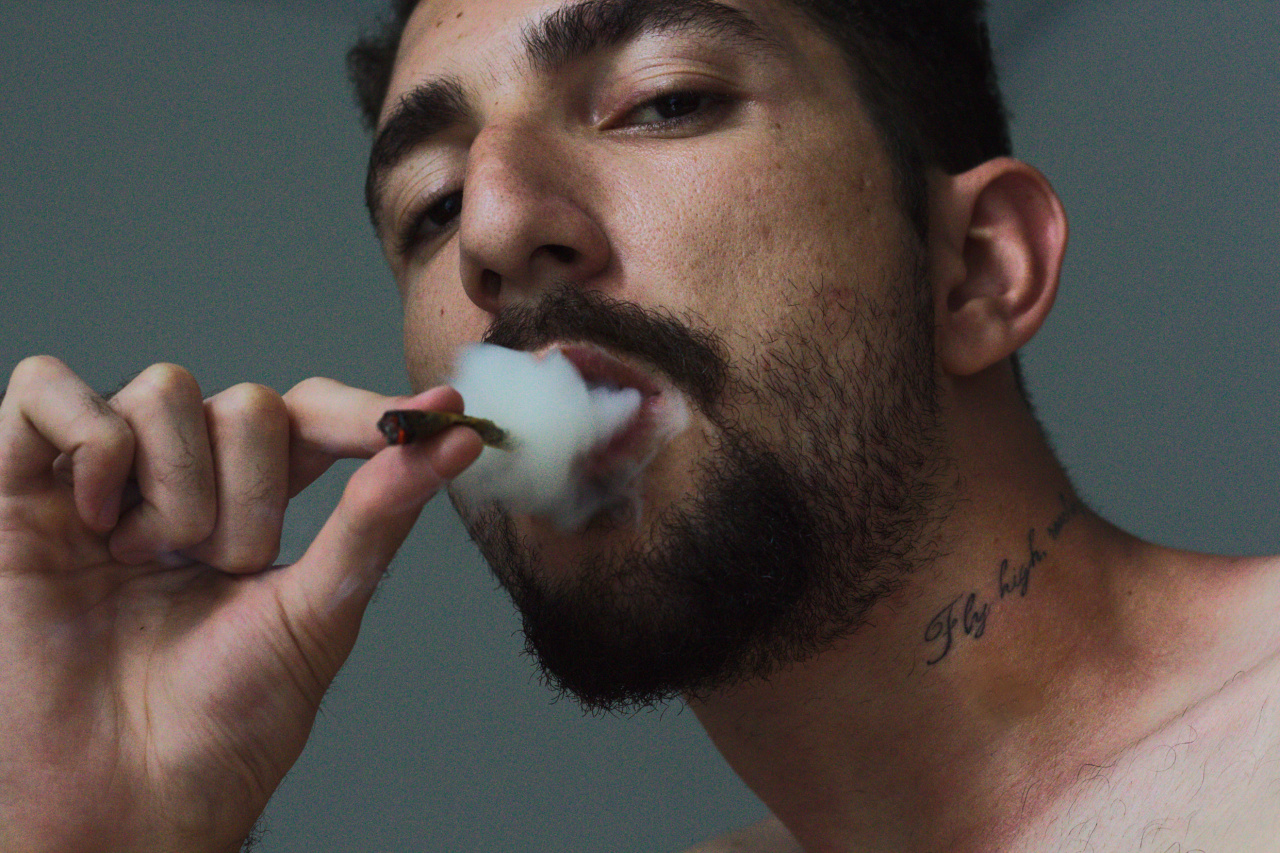Smoking is a harmful habit that can lead to many health problems, including lung cancer, heart disease, and respiratory diseases. However, the harmful effects of smoking are not limited to just internal organs.
Smoking can also have a significant impact on the health and appearance of your skin. In this article, we will explore the various ways in which smoking can affect your skin and why you should quit smoking.
1. Premature Skin Aging
Smoking can cause premature aging of the skin, making you look older than you actually are.
This is because smoking cigarettes can lead to the breakdown of collagen and elastin fibers in your skin, which are responsible for keeping your skin firm and elastic.
When collagen and elastin fibers break down, your skin becomes thinner and loses its elasticity. This can lead to wrinkles, fine lines, and sagging skin.
According to a 2007 study published in the Journal of Dermatological Science, smokers are three times more likely to develop wrinkles than non-smokers.
2. Yellowing of the Skin
Smoking can also cause yellowing of the skin, making you look unhealthy and unappealing. When you smoke, your body produces a chemical called nicotine, which can stain your skin and nails yellow over time.
This is particularly noticeable in people who smoke heavily or have been smoking for many years.
3. Poor Skin Tone and Texture
Smoking can also cause your skin to appear dull, dry, and rough. This is because smoking impairs blood flow to your skin cells, reducing the amount of oxygen and nutrients that your skin receives.
This can lead to a poor skin tone and texture, making your skin look older and less healthy.
4. Increased Risk of Skin Cancer
Smoking can also increase your risk of developing skin cancer. According to the American Academy of Dermatology, smokers are more likely to develop squamous cell carcinoma (SCC), a type of skin cancer that can be aggressive and difficult to treat.
Furthermore, smoking can also increase your risk of developing melanoma, the deadliest form of skin cancer. This is because smoking can weaken your immune system, making it more difficult for your body to fight off cancerous cells.
5. Delayed Wound Healing
Smoking can also delay the healing of wounds and injuries. This is because smoking can impair your body’s ability to produce new blood vessels, which are essential for proper wound healing.
The chemicals in cigarettes can also interfere with your body’s production of collagen, which is essential for tissue repair.
6. Increased Risk of Acne
Smoking can also increase your risk of developing acne. This is because smoking can trigger the production of certain hormones that can lead to the development of acne.
Furthermore, smoking can also clog your pores and lead to the accumulation of oil, dirt, and bacteria on your skin, which can cause acne breakouts.
7. Dark Circles Under the Eyes
Smoking can also cause dark circles under your eyes, making you look tired and older. This is because smoking can constrict your blood vessels, reducing the amount of blood and oxygen that flows to your skin cells.
This can cause the blood vessels under your eyes to become more visible, resulting in dark circles.
8. Poor Nail Health
Smoking can also have a negative impact on your nail health. When you smoke, your nails may become yellow and brittle, making them more prone to breakage.
Furthermore, smoking can also increase your risk of developing nail fungal infections, which can be difficult to treat.
9. Increased Stress and Anxiety
Smoking can also increase your stress and anxiety levels, which can have a negative impact on the health and appearance of your skin.
When you are stressed, your body produces a hormone called cortisol, which can cause inflammation and breakouts on your skin.
10. Poor Oral Health
Smoking can also have a negative impact on your oral health, including your teeth and gums. Smoking can cause yellowing of your teeth, gum disease, and oral cancer.
Furthermore, smoking can also cause bad breath and lead to the accumulation of bacteria in your mouth.
In conclusion, smoking can have a significant impact on the health and appearance of your skin. Quitting smoking can help to reduce your risk of premature skin aging, skin cancer, poor skin tone and texture, and other skin problems.
If you are a smoker, talk to your healthcare provider about resources and support available to help you quit smoking.


























